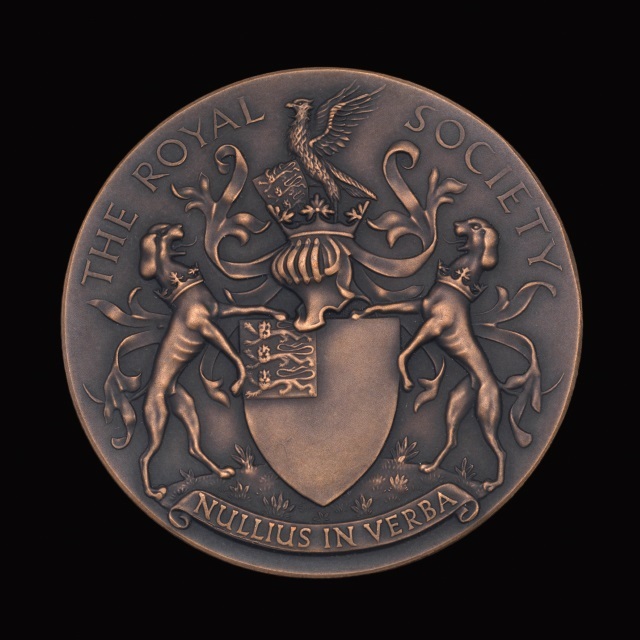Sir John Holman boils the big unanswered questions in science education down to just ten, categorised under four headings: Teachers, Teaching, Curriculum and Assessment.

‘The big unanswered questions in science education’. This was the title Sir John Holman chose for his Royal Society Kavli Education Medal Lecture, delivered last week. It is a tantalising title, for it carries with it more than a hint of ambition and excitement. And Sir John’s presentation was richly infused with both, though he didn’t shy away from expressing a number of attendant concerns and fears.
Of course, as Sir John acknowledged, there are so many unanswered questions in science education. But having considered the matter deeply and also consulted with various colleagues around the country, he had boiled down the many possibilities to ten, categorised under four headings: Teachers, Teaching, Curriculum and Assessment. All of these, he asserted, are required to ensure ‘good’ science education and, of these, teachers and teaching are the most important.
So here are Sir John’s ten questions, in the considered order in which he presented them:
Teachers
1. What are the drivers that bring teachers into science teaching?
- What keeps them in?
2. How important are specialist subject qualifications for successful science teachers
Teaching
3. What difference does practical work make to science learning and progression?
4. What can be learned from overseas about encouraging more girls into physics and engineering?
5. How can the ‘nature of science’ be taught?
Curriculum
6. What do employers want from science education?
7. What is the value of ‘informal science learning’?
8. What is the value of teaching science in primary schools?
Assessment
9. What would exam questions look like if you designed them with learning as the goal?
10. What conditions would be needed for the public to trust teacher assessment in high-stakes qualifications?
This list of questions merits serious consideration by education researchers, funders and policy-makers. It is a courageous list. It challenges the science (and wider STEM) community to seek new – and review the existing – evidence that demonstrates that science at any level is best taught by people who have specialist science and science-teaching qualifications. It also challenges the education and business communities to develop a shared understanding of each other’s needs. Finally, it challenges policy-makers to take greater care in assessing international comparisons and to reconsider whether a high-stakes assessment system is really most conducive to young people’s development and ensuring the country’s economic prowess.
As Sir John observed, a number of these questions have either been asked, but not answered, or else they have been asked and unsatisfactorily answered. Several can reasonably be traced back to the introduction of the National Curriculum in 1989, which made science a core subject of study for all 5–16 year olds.
So why the lack of progress? Answering this question requires assessing the UK’s capability to undertake the research required. Certainly there are doubts about this now. Quoting statistics from the latest Research Excellence Framework (REF) exercise, Sir John said that although 66% of education research staff submitted were adjudged to be ‘world-leading’ or ‘internationally excellent’, only 27% of eligible researchers had actually been submitted to the REF. The picture for science education research appears to be bleaker still, with the supply of new researchers having almost dried up. New ways, he said, need to be found to energise education research, including drawing more on the expertise of, for instance, neuroscientists and psychologists.
Sir John is an inveterate optimist and, in an upbeat finale, he called on the science community to continue to be ambitious about improving science education, to be inspired by the aspirations of the Royal Society’s Vision for science and mathematics education and take seriously the Government’s Election manifesto pledge ‘to make Britain the best place in the world to study maths, science and engineering’. He ended with these uplifting words from the poet Robert Browning:
‘Ah, but a man’s reach should exceed his grasp,
Or what’s a heaven for?’
